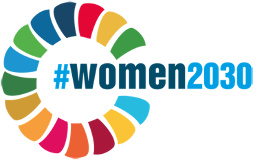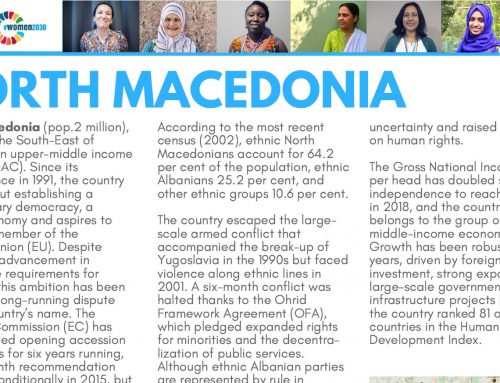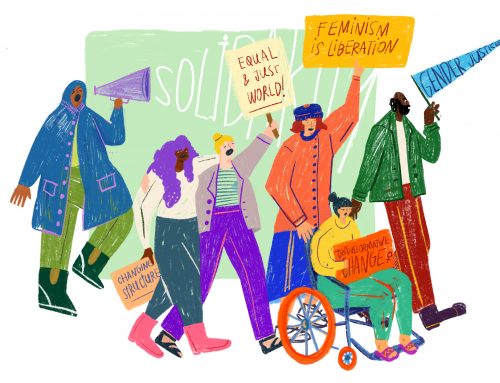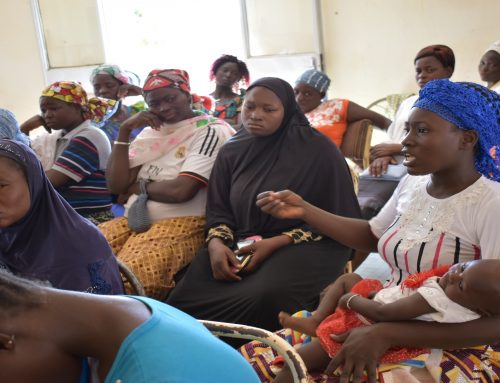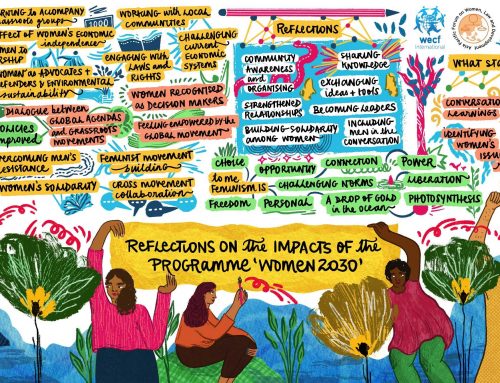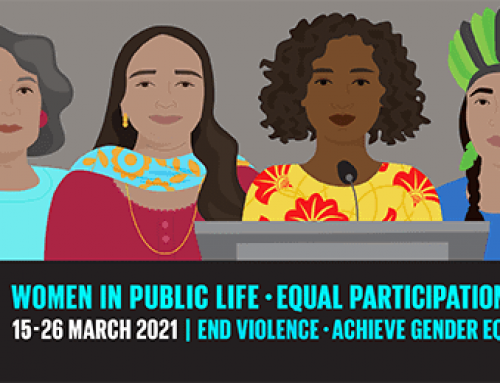Globally, women earn an average of 23 per cent less than men for the same work, and women take home one tenth of the global income, while accounting for two thirds of global working hours. Gender Equality and Women’s Empowerment are not merely socially desirable: they are critical to the accomplishment of the Sustainable Development Goals (SDGs). It is the role of all national governments and other stakeholders to make sure that the SDGs are implemented in a gender-sensitive manner, to make sure that the sustainable development agenda works for all.
The Kenyan government has reviewed and revised it’s legal frameworks, and even drafted gender-specific laws to respond to gender needs and to eliminate gender-based discrimination, among other initiatives. While this is commendable, it has not been sufficient to deliver gender equality. This Gender Assessment examines whether a gender perspective has been systematically mainstreamed throughout the planning and implementation of programs to achieve the SDGs in Kenya. It will examine national laws, programs, and SDG implementation processes to determine how gender has been addressed, and how this process can be improved.

